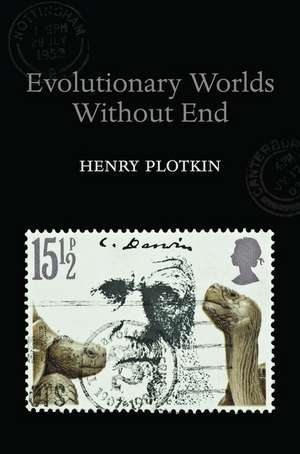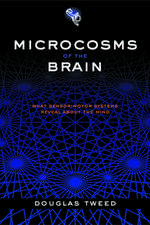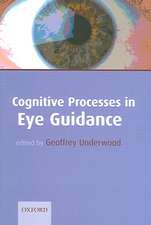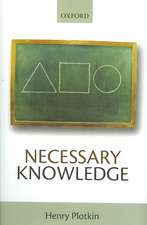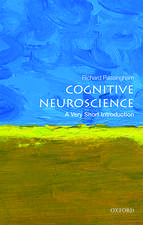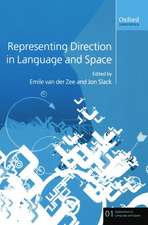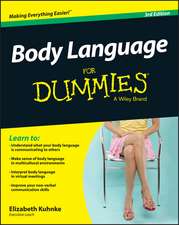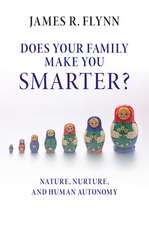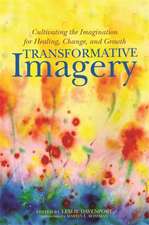Evolutionary Worlds without End
Autor Henry Plotkinen Limba Engleză Hardback – 29 apr 2010
Preț: 431.36 lei
Preț vechi: 628.02 lei
-31% Nou
Puncte Express: 647
Preț estimativ în valută:
82.55€ • 85.87$ • 68.15£
82.55€ • 85.87$ • 68.15£
Carte tipărită la comandă
Livrare economică 03-09 aprilie
Preluare comenzi: 021 569.72.76
Specificații
ISBN-13: 9780199544950
ISBN-10: 0199544956
Pagini: 224
Dimensiuni: 164 x 241 x 21 mm
Greutate: 0.5 kg
Editura: OUP OXFORD
Colecția OUP Oxford
Locul publicării:Oxford, United Kingdom
ISBN-10: 0199544956
Pagini: 224
Dimensiuni: 164 x 241 x 21 mm
Greutate: 0.5 kg
Editura: OUP OXFORD
Colecția OUP Oxford
Locul publicării:Oxford, United Kingdom
Notă biografică
Henry Plotkin was born in South Africa. His first degrees were from the University of the Witwatersrand. He came to United Kingdom in 1964 and was employed by the Medical Research Council, receiving a doctorate in physiological psychology in 1968. He was awarded an MRC Fellowship, spent 1970-1972 at Stanford University and on returning to the UK took up a post as lecturer at University College London. He was made Reader in 1988 and then awarded a Professorship in 1993. He was Head of the Psychology Department at UCL from 1993-1998, becoming Emeritus Professor in 2005.
